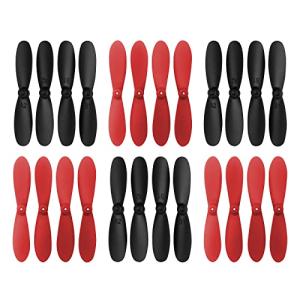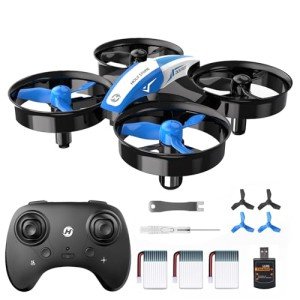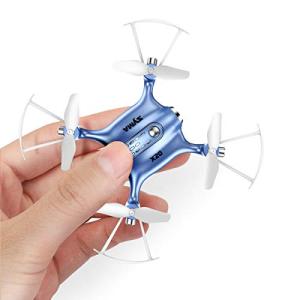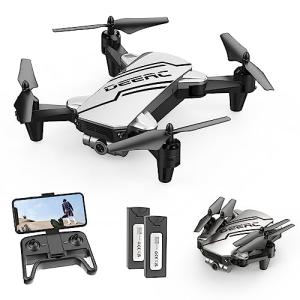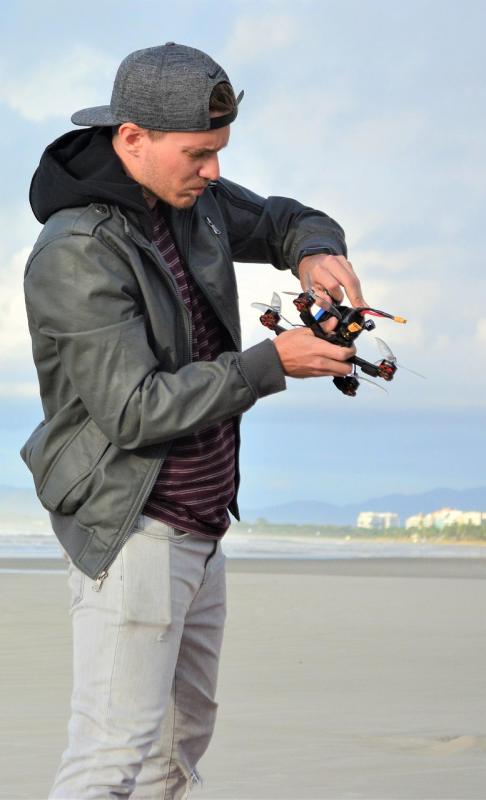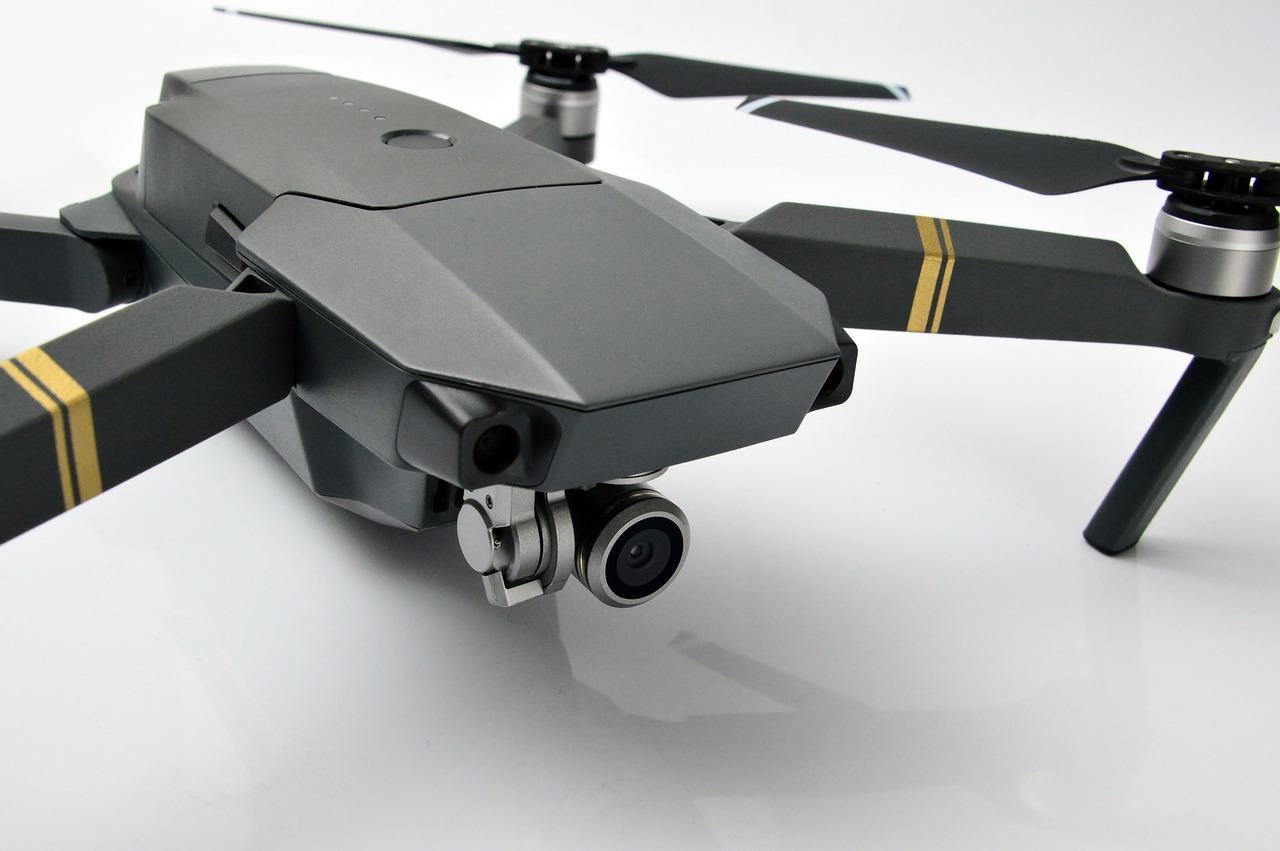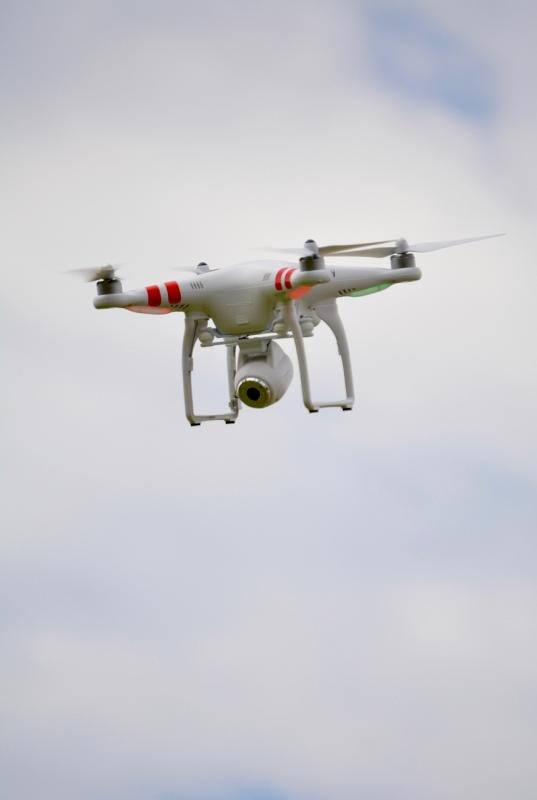When diving into the world of Drones For Beginners, it's important to know what features really matter. With so many options out there, focusing on a few key elements can help you pick the right drone without the overwhelm.
First off, look for easy controls. Many drones for beginners come with user-friendly remote controls or smartphone apps. A good drone should have a stable hover feature, so you don’t have to worry about it flying away on you while you're still learning. GPS functionality is another big plus; it helps the drone know where it is and allows for features like “return to home” that can save you some stress.
Next, consider the battery life. You don’t want to run out of juice after just a few minutes of flying. A solid beginner drone should provide at least 10 to 20 minutes of flight time on a single charge. Also, think about how long it takes to charge the battery. Some drones have quick charge features, so you can get back in the air sooner!
Camera quality is worth mentioning too. If you’re looking to take pictures or videos, aim for a drone that offers decent resolution, like 1080p. With the right one, you can capture great moments without having to upgrade right away. A built-in gimbal can help keep your footage smooth, which is a nice bonus!
Lastly, don’t forget about durability. A drone that can take a few bumps and scrapes is perfect for beginners who are still getting the hang of things. Check reviews for any info about how it holds up against crashes. Being a bit clumsy is part of the learning process, and a tougher drone can make it a lot less nerve-wracking!
Choosing the Right Drone for You
Picking the right drone can feel overwhelming, especially if you're just starting out. The world of drones can be big and complex, but it doesn’t have to be. If you’re diving into the hobby, focus on a few key factors to narrow down your options. You'll be flying high in no time!
First, think about what you want to do with your drone. Are you looking to take awesome photos, capture videos, or just have fun flying? If photography is your goal, look for drones with decent cameras. Many entry-level models offer great image quality without breaking the bank. If you're mainly interested in flying, consider models that are easy to control and can handle some wind.
Next up, check the flight time. Most beginner drones offer around 10 to 30 minutes of flying time on a single charge. Go for something in the middle, as models with shorter flight times can be a bit frustrating. Nobody wants to spend all that time charging, right?
Finally, don’t overlook the ease of use. Look for drones that come with features like one-button takeoff and landing, GPS, and decent range. These features can make a world of difference, especially for beginners. You want to spend more time flying and less time fiddling with controls.
With these tips in mind, you'll be in a great spot to pick the right drone for you. There are plenty of options out there that are perfect for newbies. Just remember to have fun with it and enjoy the experience of flying your first drone!
Lowepro Droneguard CS 200 Case for Drones
Keep your drone safe and secure with this durable, easy-to-carry case
Product information
Product Review Score
4.72 out of 5 stars
42 reviewsProduct links
Flying Tips for New Pilots
Hey there, new pilot! If you’re diving into the fun world of drones for beginners, you might feel a bit overwhelmed. Don’t worry, though! Here are some easy tips to get you flying smoothly in no time.
First things first, always check the battery. Make sure it’s charged up before you head out. A dead battery can ruin your day and your drone's reputation! Also, try to fly in an open area. This helps avoid any trees, power lines, or other things that might give your drone a boo-boo. Stick to parks or clear fields, especially when you're just starting out.
Next, get familiar with your drone’s controls. Spend some time practicing basic moves like hovering and turning. You want to feel comfortable with the controls before you attempt any fancy stunts. Think of it like learning to ride a bike without training wheels — it gets easier with practice!
If your drone has a beginner mode, use it! This setting limits how high and fast your drone can go, which is a lifesaver for those first flights. Plus, don’t forget to pay attention to wind conditions. Light breezes are fine, but strong winds can make flying tricky and frustrating. Aim for calm days to hit the skies.
Lastly, have fun! Remember, flying drones for beginners is all about enjoying the experience and learning. Don't get discouraged by the occasional crash; it’s part of the journey. Keep practicing, and soon you’ll be soaring like a pro!
24PCS Propellers for HS190 and Other Drones
Keep your flights smooth and extend your drone's range with these durable propellers designed for the HS190 and more
Product information
$13.99
Product Review Score
4.75 out of 5 stars
56 reviewsProduct links
Common Mistakes to Avoid When Starting
Getting into drones can be super exciting, but beginners can trip up pretty easily. Here are some common mistakes to steer clear of as you dive into the world of drones for beginners.
First off, don’t skip the manual. It might seem boring, but reading the instructions will save you so much time and headache later on. Each drone has its quirks and features, and knowing how to operate yours can prevent crashes or malfunctions. You don’t want to hammer the throttle and end up in a tree because you weren’t familiar with the controls!
Another common pitfall is flying in the wrong conditions. Windy days can be tough for new pilots. It’s tempting to just launch whenever you feel like it, but if the weather looks iffy, maybe hold off. Start flying in calm conditions to build your confidence and skills. It helps to pick a wide-open area too—nothing beats practicing where you won’t risk hitting people or things.
Don’t forget about battery management! A lot of beginners don't realize how important it is to keep an eye on battery life. Flying until your drone loses power is a surefire way to ruin your day and damage your drone. Always charge your batteries before flying and carry extras, just in case. You’ll be glad you did!
Lastly, join a community or forum. Connecting with others who are also learning can be a game changer. They can share tips, experiences, and even recommend upgrades or accessories. The more you engage with the drone community, the smoother your journey with drones for beginners will be.


